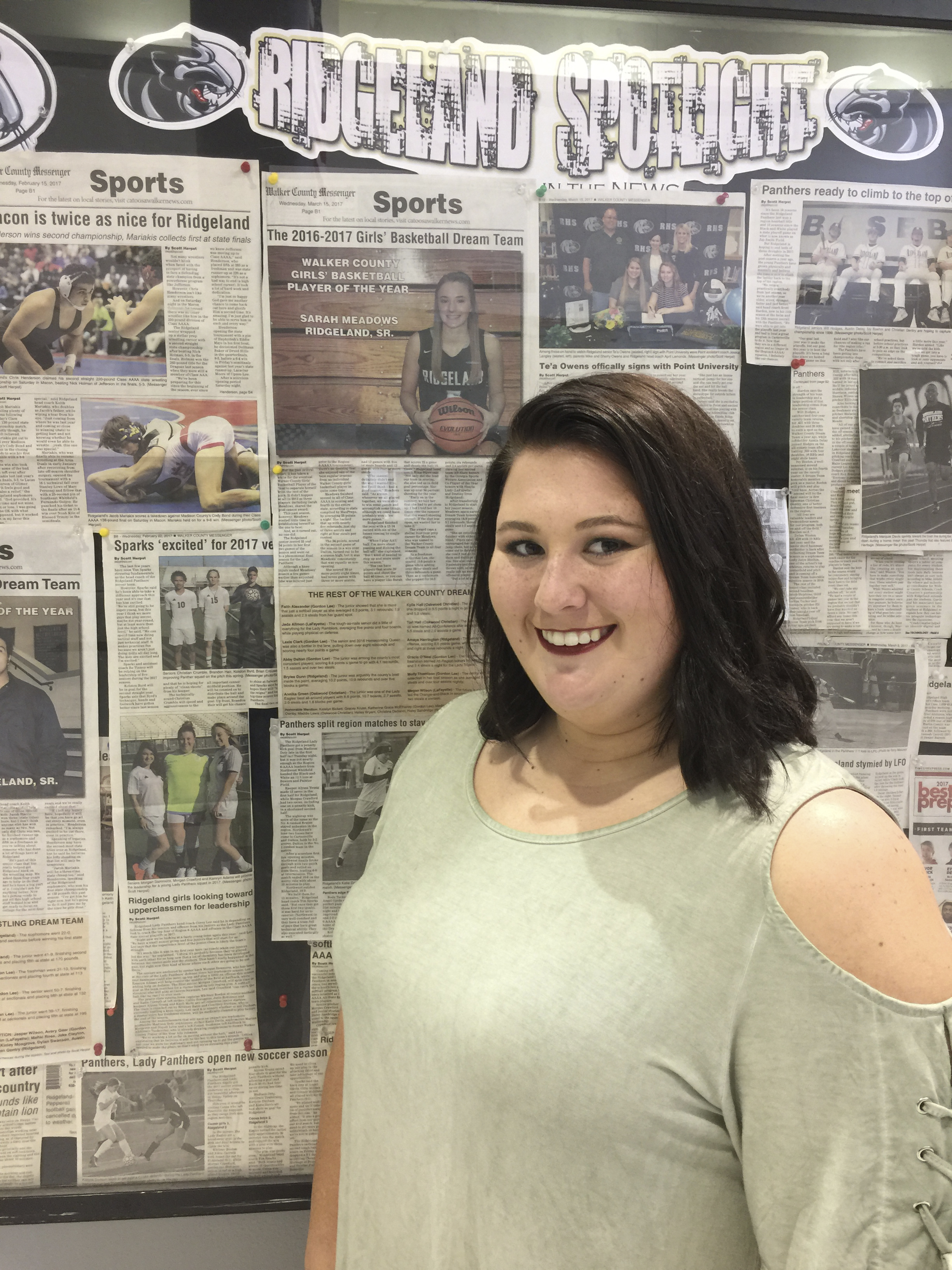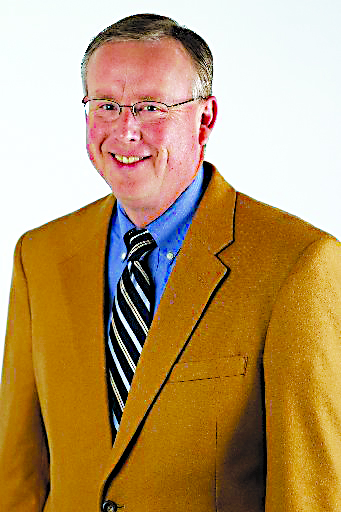View other columns by Mark Kennedy
Morgan Crawford, 17, can throw a softball with such withering velocity that she has earned a scholarship to play college ball.
But the Ridgeland High School senior, who led her team to a regional championship in October, has one more hill to climb before she can take her talents to Jefferson City, Tenn., to play for Carson- Newman University next fall.
Ridgeland, like a growing number of American high schools, requires graduates to complete a capstone course. Part of the senior English capstone class at Ridgeland is a
30-hour senior project that requires 12th-graders to combine imagination, public service, leadership and public speaking.
To complete the course, students must organize an event or project and give a seven-to-10-minute PowerPoint presentation at one of two senior nights at the school.
"You could say they get to practice getting the butterflies to fly in formation," explains Glen Brown, Ridgeland High School principal.
Both Tennessee and Georgia recommend, but do not require, capstone classes, which first gained popularity in the 1990s as a way to ward off the so-called "senior slump." The "senior project" has become a high school rite of passage right up there with homecoming and prom.
At Ridgeland, students can be exempt from the senior project only by taking Advance Placement psychology, Brown says.
Many high school seniors are tempted to coast during the second semester of the 12th grade, because they have cleared most of the academic hurdles for college. Yet research has shown that students who have a rigorous senior year academically do better in college.
Most senior projects involve some combination of a work portfolio, research paper, community service project and presentation, according to a 2013 study of best practices of capstone courses by Hanover Research, a national marketing research firm.
Principal Brown said students at Ridgeland have built chicken coops, recorded music and collected athletic equipment for recreational leagues, among other projects.
When it came time for Morgan to declare a project, she tried to think of something that would play to her strength - athleticism. She decided to organize a faculty-student softball game to benefit St. Jude Children's Research Hospital in Memphis.
Morgan says she spent time in a hospital for back surgery, and sympathizes with young cancer victims who must make repeated trips to St. Jude for treatment.
"Although my experience was nowhere near as hard as theirs, I still have sympathy for what they go through," said Morgan, who wants to be a special education teacher and coach some day.
She landed enough recruits to fill four softball teams, she said, and scheduled a mini-tournament for a Friday activity period. Through ticket sales and donations, she has raised $1,074.
Morgan showed off action photos from the early March tournament on her smartphone. She laughed about a male teacher who was so energized about the game that he slid into a base on artificial turf and gave himself a giant raspberry.
Morgan still has her senior presentation to make, but she is used to being under pressure. After all, she hit three home runs in the two-game regional softball championship series last year.
"I consider myself an outgoing person, too," she said.
Senior projects are designed to launch kids out of high school with momentum instead of malaise.
Chalk this up as an education reform that works.
Contact Mark Kennedy at mkennedy@timesfreepress.com or 423-757-6645.


